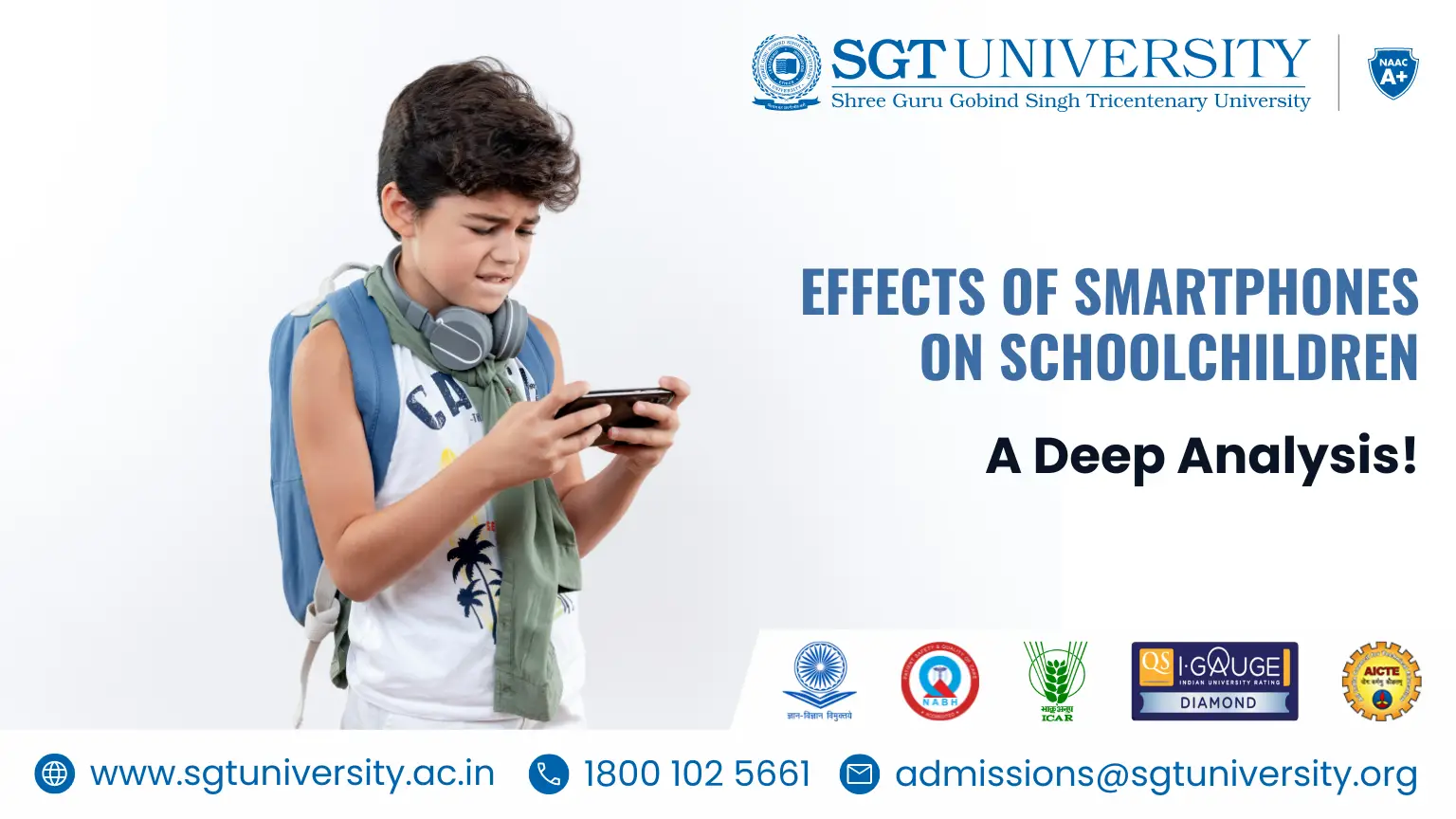Effects of Smartphones on Schoolchildren: Pros, Cons, and Impact
Updated on: June 21, 2024

In just over a decade, smartphones have sparked one of the most intense debates in education. Since the early 2010s, teachers and administrators have grappled with the rising influence of digital devices in schools. Initially, students were allowed to bring phones but had to keep them stored away. Over time, leniency crept in—phones could be used during lunch, and eventually in class, provided they were for educational purposes.
Fast forward to today, and many educators are calling this situation a "crisis" or even an "epidemic." Some countries have gone so far as to implement total smartphone bans, claiming to have seen positive outcomes. But the big question remains: In a world driven by technology, is banning smartphones from schools the best course of action? What do experts and research say? Can such bans even be effectively enforced?
Table of Contents
- Introduction
- The Pros and Cons of Smartphones in Schools
- Global Response to Smartphone Use in Schools
- Our View: What's the Right Approach?
- Learn to Lead at the Intersection of Education and Psychology at SGT University
Introduction
"The digital revolution holds immeasurable potential, but just as warnings have been voiced about its societal impact, we must also consider its role in education." These words from UNESCO Director-General Audrey Azoulay sum up the challenge we face today.
Recent studies have revealed troubling consequences of smartphone overuse among children:
- Decreased physical activity linked to smartphone addiction.
- Poor posture and increased injuries due to extended screen time.
- Mental health risks, exacerbated by the pandemic, when children have smartphones too early.
The Pros and Cons of Smartphones in Schools
Advantages
- Instant Knowledge Access: Smartphones give students immediate access to vast amounts of information. A student curious about a concept can quickly dive deep, exploring beyond textbooks and broadening their understanding.
- Constant Communication: Many parents require their children to carry phones, allowing for quick communication in emergencies, which helps ease parental anxiety.
- Tech Savviness: In today's job market, digital literacy is essential. Familiarity with smartphones and technology can help students build skills that will serve them well in future careers.
Disadvantages
- Distraction & Focus Issues: Research has shown that even having a phone nearby can reduce learning outcomes. The mere ping of a notification can pull a student's attention away from the lesson, taking 20 minutes to refocus.
- Online Safety: Cyberbullying and harassment are real concerns. Smartphones expose children to dangers beyond the classroom, where they may interact with harmful individuals online.
- Social Skills Decline: Face-to-face interaction is critical for children's social development. Relying on digital communication can erode vital interpersonal skills.
- Sleep Disruption: The blue light from screens can disrupt sleep patterns, leaving children fatigued and unfocused in class.
Global Response to Smartphone Use in Schools
Norway recently made waves with a study showing how banning smartphones in schools led to:
- Improved academic performance, particularly among girls.
- Fewer mental health consultations.
- Reduced bullying cases.
Norway isn't alone. Across Europe, Asia, and the Americas, schools are limiting smartphone use to create healthier learning environments. In India, private schools are also imposing strict bans.
Our View: What's the Right Approach?
We believe schools and higher education institutions should be distraction-free environments dedicated to learning. Smartphone addiction is a growing problem, even among adults. Therefore, it's logical to teach children, especially during formative years, how to manage their focus and minimize distractions.
Learn to Lead at the Intersection of Education and Psychology at SGT University
As education and mental health continue to intersect in today's fast-paced world, SGT University offers the knowledge and tools you need to address the challenges of 2024 and beyond.
Faculty of Education
For aspiring educators, SGT University's Faculty of Education (FEDU) provides cutting-edge programs designed to shape future teachers. You'll learn the competencies needed for effective teaching and how to understand the psychological and sociological factors influencing a child's development.
Why Choose the Faculty of Education at SGT University?
- Competency-based curriculum focused on hands-on learning.
- Bilingual instruction to cater to diverse student backgrounds.
- Interdisciplinary approach, blending education with behavioral sciences.
- Strong placement opportunities through partnerships with international schools in Gurgaon and Delhi.
- Holistic development, supported by academic clubs and extracurricular activities.
Faculty of Behavioural Sciences
If you're interested in the psychological effects of smartphone use, consider the Faculty of Behavioural Sciences at SGT University. We offer top-notch programs in psychology, clinical psychology, and counseling, with a strong focus on mental health.
Why Choose the Faculty of Behavioural Sciences?
- Accredited programs like M.Phil. in Clinical Psychology and Professional Diploma in Clinical Psychology.
- Hands-on training in our Clinical Psychology OPD at SGT Medical College Hospital.
- Supervised internships in top hospitals in Delhi-NCR.
- Strong emphasis on applied research.
- A high-caliber faculty with experience from prestigious institutions.
Join SGT University – The Best Private University in Delhi NCR, Gurgaon, and India
SGT University is committed to providing quality education across 18 disciplines. As a NAAC A+ institute, we pride ourselves on delivering world-class education with a focus on both academic and professional excellence.
If you're ready to be a catalyst for change in education or psychology, apply to SGT University today and take the first step toward a successful career.
References
- https://www.unesco.org/en/articles/smartphones-school-only-when-they-clearly-support-learning
- https://scholar.cu.edu.eg/sites/default/files/amralmaz/files/bmr-35-bmr200334.pdf
- https://link.springer.com/content/pdf/10.1007/s00127-021-02196-5.pdf
- https://www.unesco.org/en/articles/smartphones-school-only-when-they-clearly-support-learning
- https://papers.ssrn.com/sol3/papers.cfm?abstract_id=4735240

